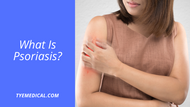What Is Psoriasis and Can It Surface Mid-Life?
Written by TYE Medical on Jul 5th 2023
When psoriasis first appears, it looks like a bad skin rash. You might wonder what allergen triggered it. As the rash spreads, you may get concerned about what has taken over your body, and if you’ll ever get your clear skin back.
Typically, psoriasis develops before you turn 40, but not always. Late-onset psoriasis can appear between ages 50 and 60. Women usually develop the condition at an earlier age than men.
This itchy, unpleasant skin condition is an autoimmune disorder that has no cure. But you can manage and treat symptoms as you pinpoint triggers. Here’s the lowdown on what it is, symptoms, and available treatment options.
What Is Plaque Psoriasis?
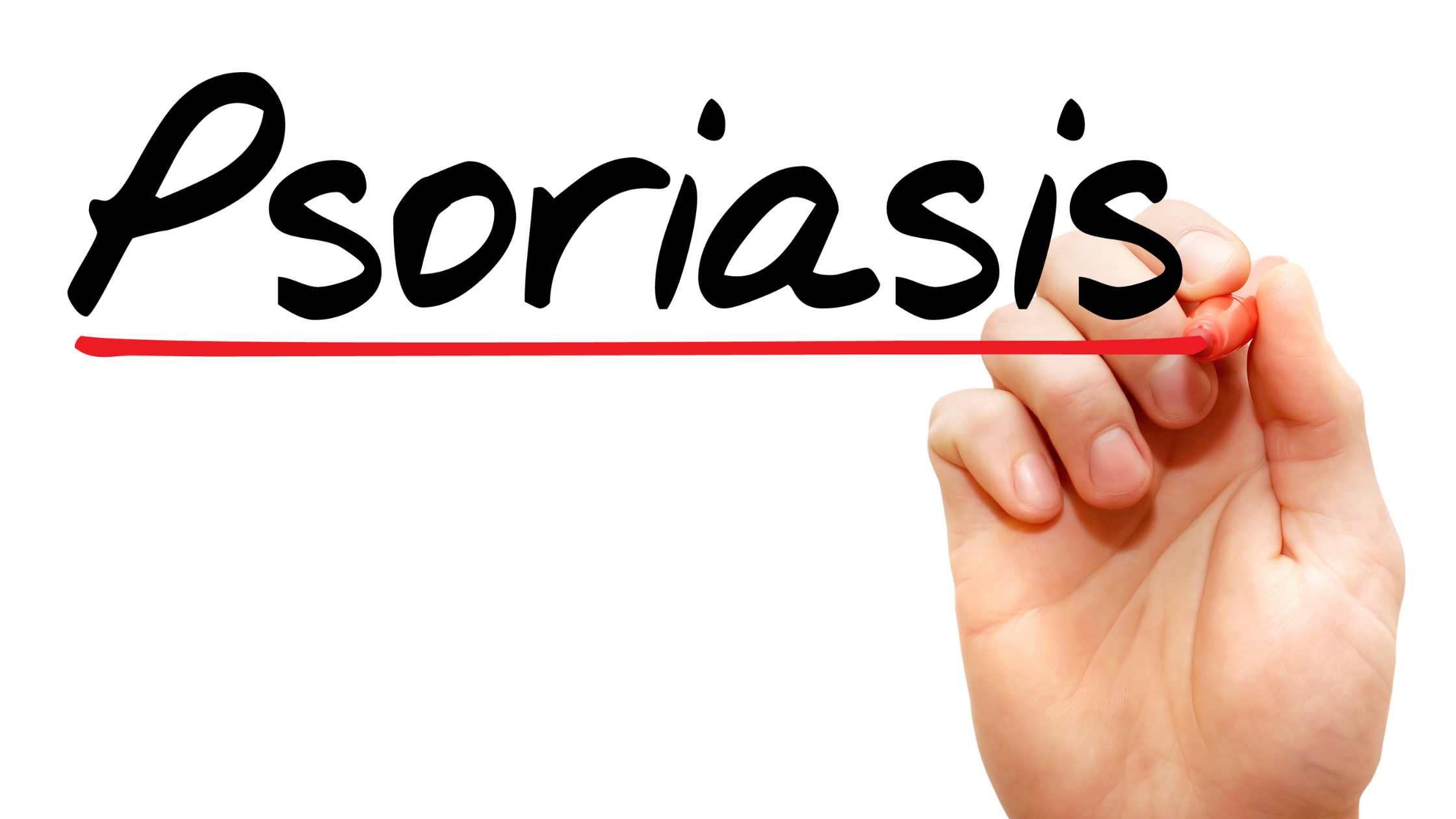
Plaque psoriasis is the most common type of psoriasis, affecting 80-90% of all psoriasis patients. On lighter skin, it forms inflamed red patches, and on darker skin tones it appears as purplish, gray, or darker brown patches.
This autoimmune condition causes the rapid buildup of skin cells that appears as scaly patches on your skin’s surface. You’ll often see inflammation and redness around the patches of discolored skin.
When you have this condition, your overactive immune system stimulates the rapid production of skin cells. For the average person, skin cell production is a gradual process. Skin cells are formed deep below your skin’s surface and slowly rise through the layers of skin until they reach the surface. Eventually, these surface-layer skin cells fall off. The whole cycle takes about one month.
But when you have psoriasis, it may take only a few days for this skin production process to complete. But it doesn’t allow time for your old skin cells to fall off. This means you end up with a buildup of skin cells on the surface. Your body is producing too many, too quickly.
If you develop psoriasis, it’s not uncommon for you to also have other conditions like:
- type 2 diabetes
- inflammatory bowel disease
- heart disease
- psoriatic arthritis
- anxiety
- depression
Where Does Psoriasis Develop?
Psoriasis scales often develop on joints like your elbows and knees. But you may find it anywhere on your body, including:
- hands
- feet
- neck
- scalp
- face
During an initial or severe outbreaks, you might see the scales spread out from these key zones. For example, the psoriasis on your neck may spread across your chest, upper back, and upper arms.
About 7.5 million Americans have plaque psoriasis, which is not surprising as cases of autoimmune-related diseases continue to rise.
What Are Symptoms of Plaque Psoriasis?

Like most conditions, symptoms vary between people. Severity also varies. Sometimes you may have a small patch on your elbow or scalp, and other times most of your body may be covered.
The most common plaque psoriasis symptoms include:
- raised, inflamed patches of skin that are red on lighter skin and brown or purple on darker skin
- whitish-silver scales or plaques on the red patches or gray scales on purple and brown patches
- dry skin that may crack and bleed
- soreness around patches
- itching and burning sensations around patches
- thick, pitted nails
- painful, swollen joints
You may not have all of these symptoms but these are commonly experienced in variations combinations.
But you may not experience symptoms all the time, or may find they become less severe. This is because psoriasis symptoms are cyclical–or occur in cycles. You may have severe symptoms for a few weeks and then it clears up until it’s barely noticeable. A common psoriasis trigger will eventually flare-up your symptoms again. Sometimes, your symptoms may even go away completely.
Symptoms that come and go in cycles are typical of autoimmune diseases. And like other autoimmune conditions, psoriasis can go into “remission”. This means that you don’t have any active symptoms. This can last for different lengths of time. But it doesn’t mean you’re cured, and symptoms usually return eventually. But for this period, you can enjoy being symptom free.
And it’s worth noting that psoriasis isn’t contagious. You can’t develop psoriasis from touching a psoriatic lesion or “rash”.
What Causes Psoriasis?
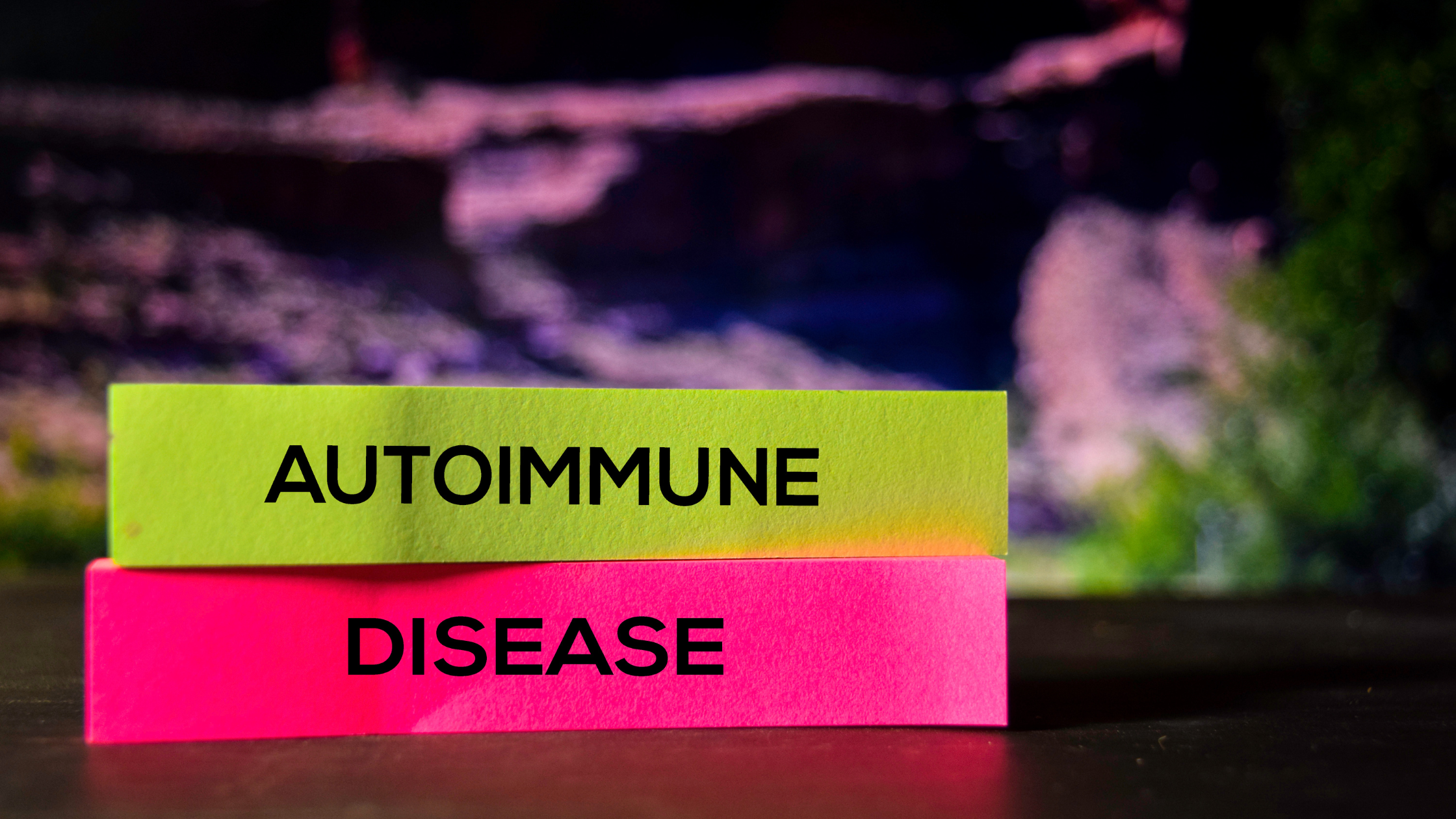
Since it’s an autoimmune disorder, researchers understand that psoriasis is linked to genetics and the immune system. But outside of this, there is little clarity on specific causes as is true of most autoimmune conditions.
Your Immune System and Psoriasis
In simplest terms, an autoimmune condition is your body attacking itself. When you have psoriasis, white blood cells called T cells attack your skin cells by mistake. These white blood cells are supposed to attack invading bacteria to prevent infection.
When your skin cells are attacked, it causes them to go into overdrive, producing new skin cells rapidly. This means the unnecessary skin cells pile up on the surface. As your skin continues to be attacked, inflammation and redness develop.
Genetics and Psoriasis
Most autoimmune disorders have a genetic component that makes you predisposed or more likely to have autoimmunity of some kind. If psoriasis (or any autoimmune conditions) exists in your immediate family, you’re more likely to develop psoriasis or other autoimmune conditions.
What Are Psoriasis Triggers?
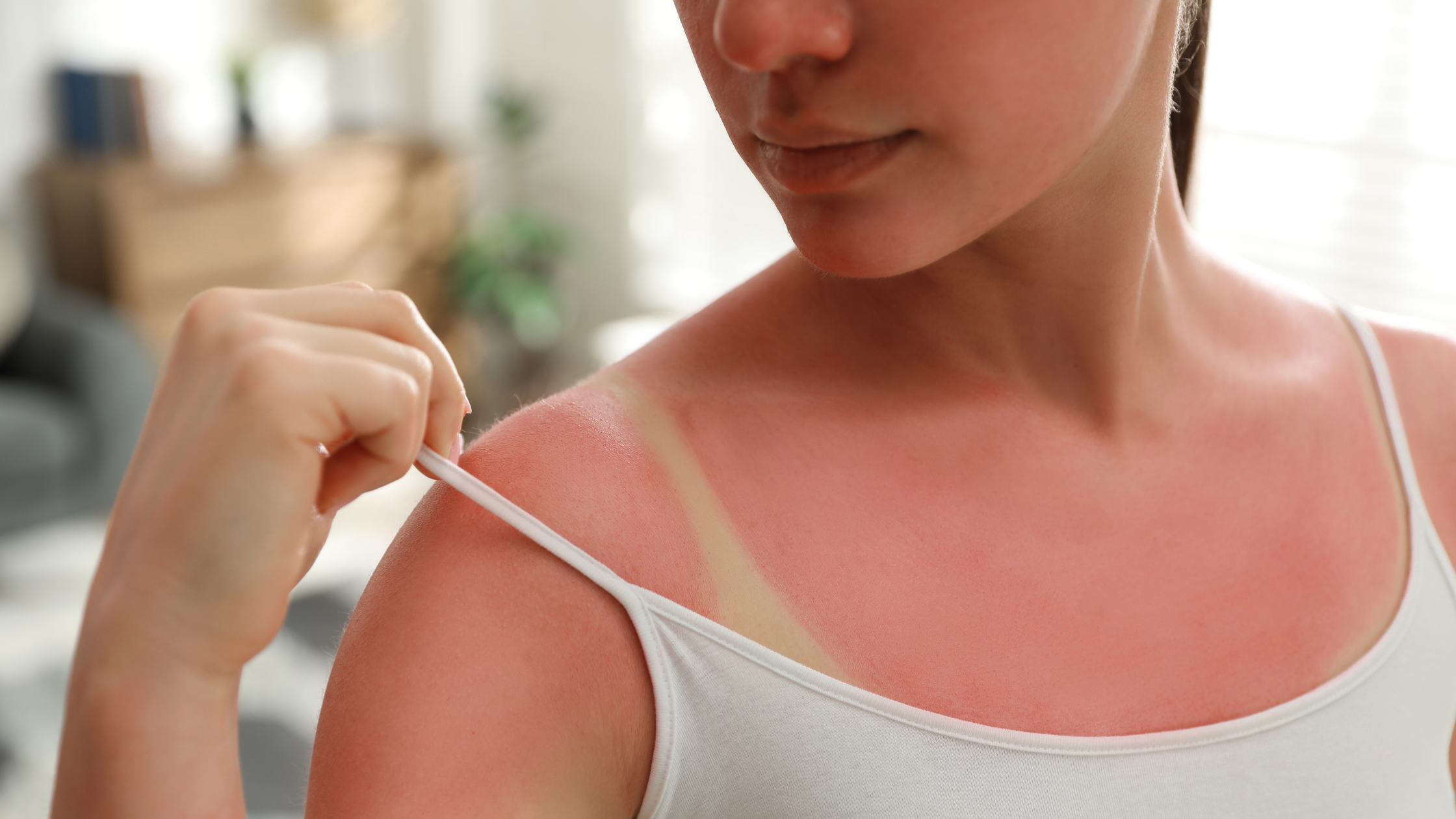
There are external triggers that can cause an outbreak of symptoms or increase their severity. Everyone’s triggers are different, and you may find that your triggers change over time. But here are some examples of common psoriasis triggers:
Stress
High or unusual stress levels can trigger symptoms with any autoimmune condition, and it’s no different for psoriasis. Your psoriasis may be in remission, but if your stress levels dramatically increase or become overwhelming, you may notice a physical reaction in the form of a psoriasis flare or an increase in mild symptoms. Managing your stress levels is key to managing your psoriasis symptoms.
Alcohol Use
In case you need another reason to pass on a drink, preventing a psoriasis flare is something to add to your list. Excessive drinking leads to more frequent outbreaks. Reducing or stopping your alcohol use can have noticeable effects on your psoriasis and decrease the number of flare-us.
Skin Trauma and Injections
Anything that disturbs or injures your skin can cause a psoriasis flare. All it takes is a cut or scrape to trigger those unpleasant symptoms. Even a small break in the skin caused by an injection or vaccine can cause problems. It’s also wise to protect yourself from the sun as even a sunburn can flare your psoriasis.
Medications
If you have psoriasis, some medications are known to flare symptoms.
- lithium
- antimalarial medications
- high blood pressure medication
You have psoriasis and notice a link between flare-ups and your medication, you can talk with your doctor about alternative medications that would have less impact on your symptoms.
Infection
A common infection, like strep throat, can trigger your immune system to fight the invading bacteria. If you have an autoimmune condition like psoriasis, this can kick your immune system into overdrive, and it begins attacking healthy parts of your body. It causes a symptom flare as your skin cells come under attack. Strep throat is a common cause of psoriasis flares.
Simply put, your immune system may build a bigger defense, more than what is needed to battle the infection.
What Are Psoriasis Treatments?
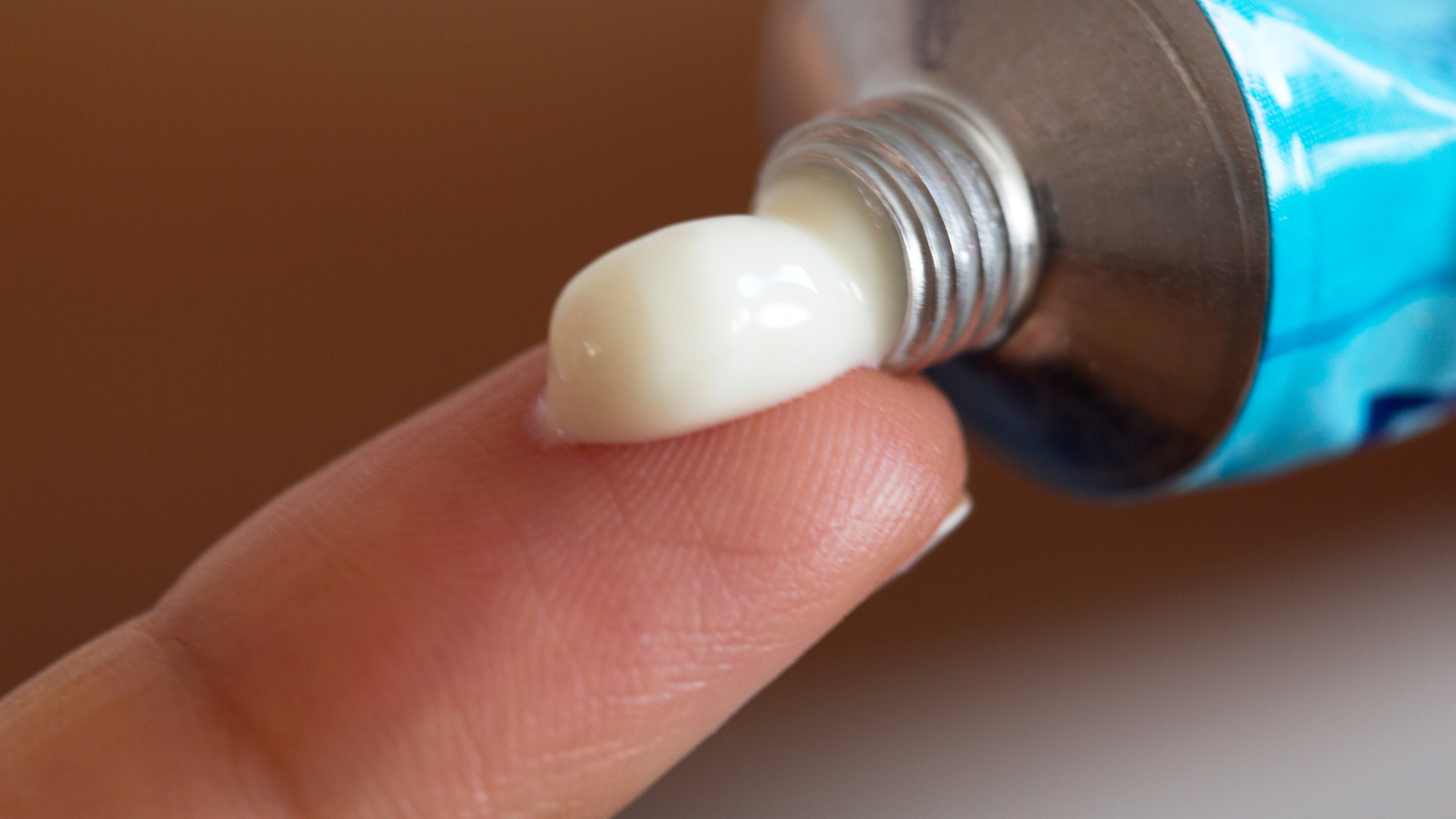
Since psoriasis has no cure, the purpose of treatment is to minimize symptoms by:
- removing plaques
- reducing inflammation and scales
- slowing the growth of skin cells
Since there are three categories of treatments, you can determine which is the most effective and best course of treatment for you.
Topical Treatments for Psoriasis
If your symptoms are mild to severe (and not covering too large of an area), you might want to try topicals as your first line of defense. These are creams and ointments applied directly to the affected skin.
Common topical psoriasis treatments include:
- moisturizer
- topical corticosteroids
- topical retinoids
- anthralin
- vitamin D analogues
- salicylic acid
The right topical treatment can be a very effective way to alleviate symptoms if your flare isn’t too severe.
Systemic Medications for Psoriasis
If your psoriasis is moderate to severe or hasn’t responded well to topical treatments, you may require oral or injected medication. These are considered “systemic” because they’re distributed internally throughout your system, which is contrary to topicals that are applied directly to problem areas.
Because these medications can have severe side effects, doctors usually prescribe for short periods to help you through a more severe flare.
Systemic medications include:
- methotrexate
- cyclosporine (Sandimmune)
- biologics
- oral retinoids
Light Therapy for Psoriasis
Sunlight kills those overactive white blood cells that attack your skin cells and cause rapid growth. Treatments use either ultraviolet (UV) light or natural light to reduce the symptoms of psoriasis. Light therapy usually works best for mild to moderate flares.
But light therapy can still alleviate symptoms for moderate to severe cases when it’s partnered with other types of treatments.
Psoriasis: The Bottom Line

Psoriasis is an autoimmune condition that can’t be cured but responds to several types of treatments. Part of symptom management includes learning external triggers that cause flare-ups. Reducing stress and alcohol intake are two ways to flare to a minimum. Sometimes a combination of available treatments work best for moderate to severe psoriasis.
Articles about other autoimmune conditions:

